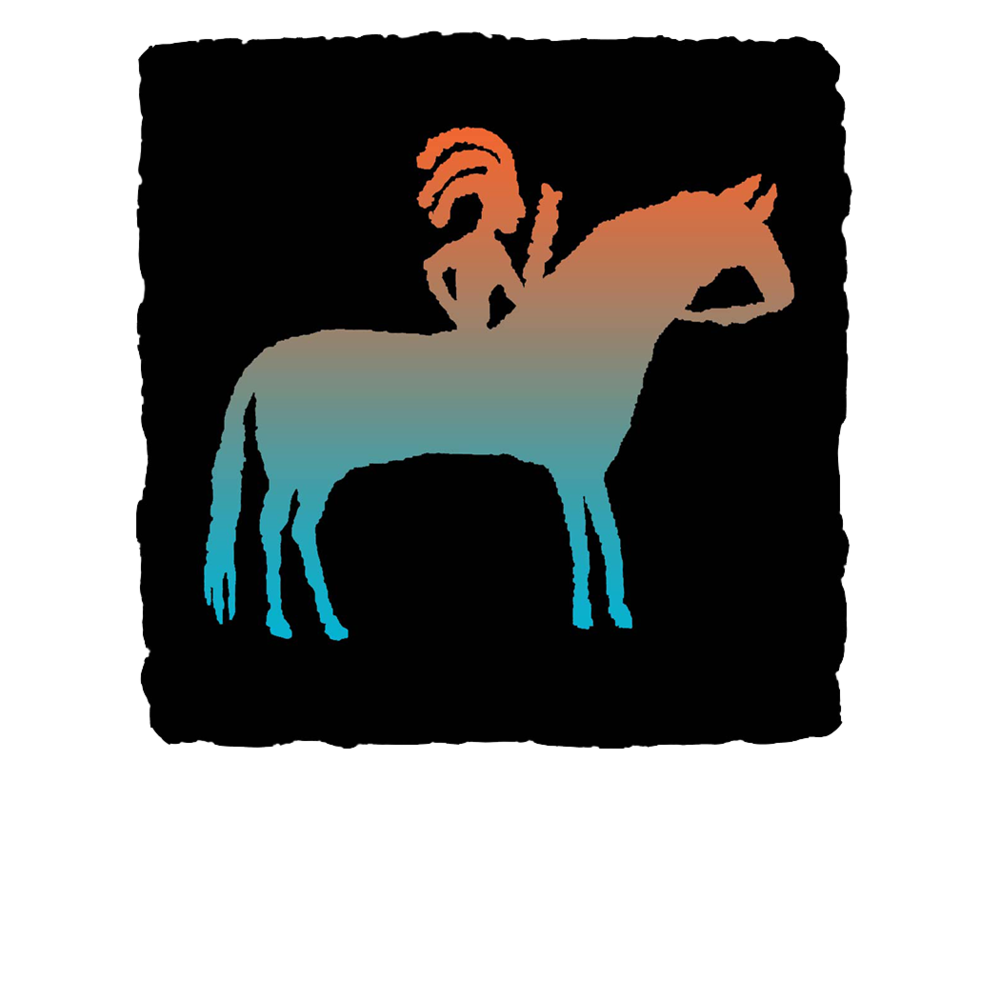Traumatized by boarding schools, WA tribes chart new path for Native kids
Lingering scars caused by residential boarding schools run deep for many Native American families, after decades of targeted efforts by U.S. government and religious leaders to stamp out tribal culture.
But more Native people are talking about what they, their parents, and grandparents experienced. They hope to break cycles of generational trauma caused by the schools, and explore how current education systems can change to better meet the needs of tribal communities and students.
This fall, a growing number of educators recognized Orange Shirt Day, created to raise awareness about residential boarding schools. The formal day of remembrance and reconciliation is commemorated on Sept. 30 each year. And Monday marks Indigenous Peoples’ Day, which for the first time will be a holiday in the city of Seattle.
by Jeanie Lindsay
Wearing a cedar hat, Chelsea Craig, Tulalip tribal member and assistant principal of Quil Ceda Tulalip Elementary School, last week visits the site of the old boarding school where Native children were mistreated and forced to leave their families and cultures in Tulalip. Craig’s great grandmother, Celum Young, lived at the boarding school from age 5 through 19 years old. She spent winters at the school from 1900 to 1914. (Karen Ducey / The Seattle Times)

